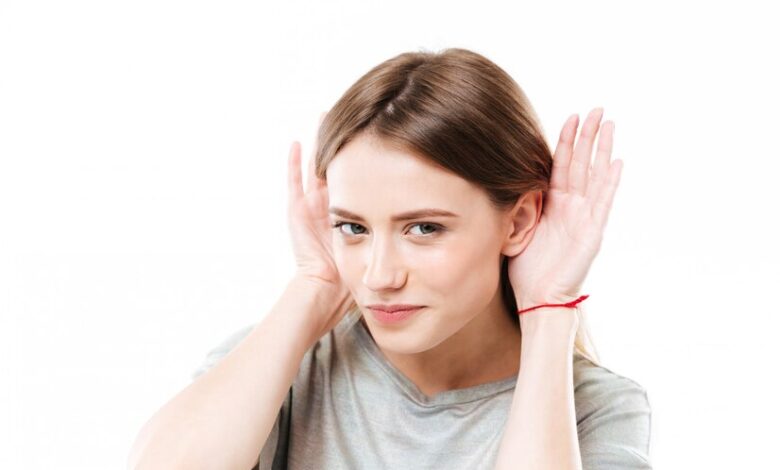Noise-Induced Hearing Loss: Protection, Prevention, and Precautions

Noise-induced hearing loss (NIHL) is a significant concern affecting millions worldwide, and Clearwater is no exception. Prolonged exposure to loud noises can lead to irreversible damage to the delicate structures within the ear, resulting in hearing loss. This condition can affect individuals of all ages and can be caused by various sources, including occupational noise, recreational activities, and environmental factors. Understanding how to protect, prevent, and take precautions against NIHL is paramount to maintaining good auditory health.
NIHL occurs when the hair cells in the inner ear, which transmit sound signals to the brain, are damaged due to excessive noise levels. This damage can be immediate or gradual, depending on the intensity and duration of noise exposure. Common sources of harmful noise include construction sites, traffic, concerts, and personal audio devices played at high volumes. Once these hair cells are damaged, they do not regenerate, leading to permanent hearing impairment.
Protection against NIHL involves reducing exposure to loud noises. One effective way to achieve this is by wearing ear protection, such as earplugs or earmuffs, in noisy environments. These protective devices can significantly lower the intensity of sound entering the ears, thereby reducing the risk of damage. In Clearwater, individuals working in industries with high noise levels, such as construction or manufacturing, should be provided with appropriate hearing protection and encouraged to use it consistently.
Preventing NIHL also involves being mindful of the volume levels of personal audio devices. Many people enjoy listening to music or podcasts through headphones, but prolonged use at high volumes can harm hearing health. It is advisable to follow the 60/60 rule, which means listening at no more than 60% of the maximum volume for no longer than 60 minutes at a time. This practice helps to minimize the risk of noise-induced damage.
Public awareness and education play a significant role in preventing NIHL. Residents should be informed about the potential hazards of excessive noise exposure and the steps they can take to protect their hearing. Schools, workplaces, and community centers can organize workshops and seminars to educate individuals about the dangers of NIHL and the importance of hearing conservation. Raising awareness will motivate more people to take proactive measures to safeguard their hearing.
Regular hearing check-ups are another preventive measure to help detect early NIHL signs. Audiologists in Clearwater can conduct hearing tests to assess an individual’s auditory health and identify potential issues. Early detection allows for timely intervention and management, preventing further hearing deterioration. Individuals should schedule regular appointments with an audiologist, especially if they are frequently exposed to loud noises.
Taking precautions to minimize noise exposure in daily life is also crucial. Clearwater residents can make small changes that significantly impact their auditory health. For example, using noise-canceling headphones can help reduce the need to reduce the volume in noisy environments. When attending concerts or sporting events, standing further away from speakers and using ear protection can help mitigate the risk of NIHL. Additionally, soundproofing living spaces, such as using heavy curtains or rugs, can reduce the overall noise levels at home.
Employers are also responsible for protecting their workers from noise-induced hearing loss. Implementing noise control measures in the workplace, such as installing sound barriers and providing regular breaks in quieter areas, can help reduce the risk of NIHL among employees. Providing training on the proper use of hearing protection and the importance of regular hearing assessments can further enhance workplace safety.
Noise-induced hearing loss is preventable and requires awareness, education, and proactive measures. Clearwater residents can protect their hearing by using ear protection, being mindful of volume levels, and making small lifestyle changes to reduce noise exposure. Regular hearing check-ups and community education initiatives can further help in preventing NIHL. By taking these steps, individuals can enjoy a better quality of life with preserved hearing health.



